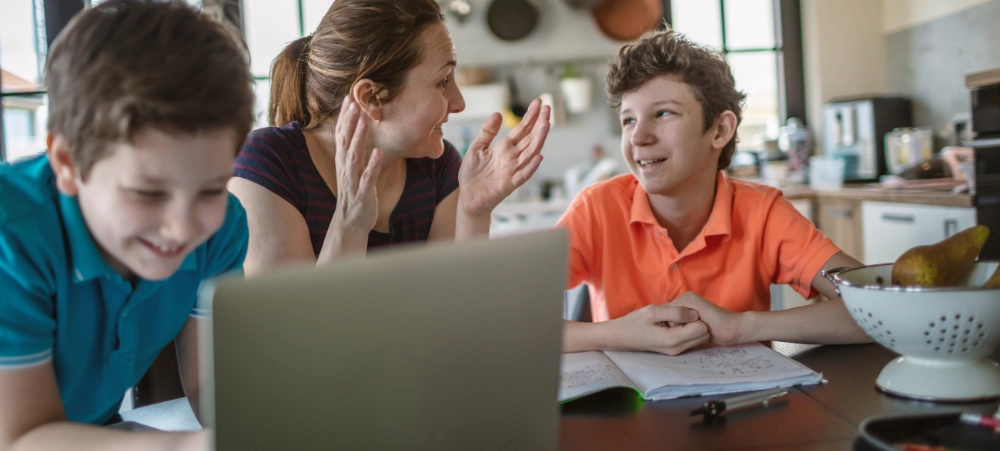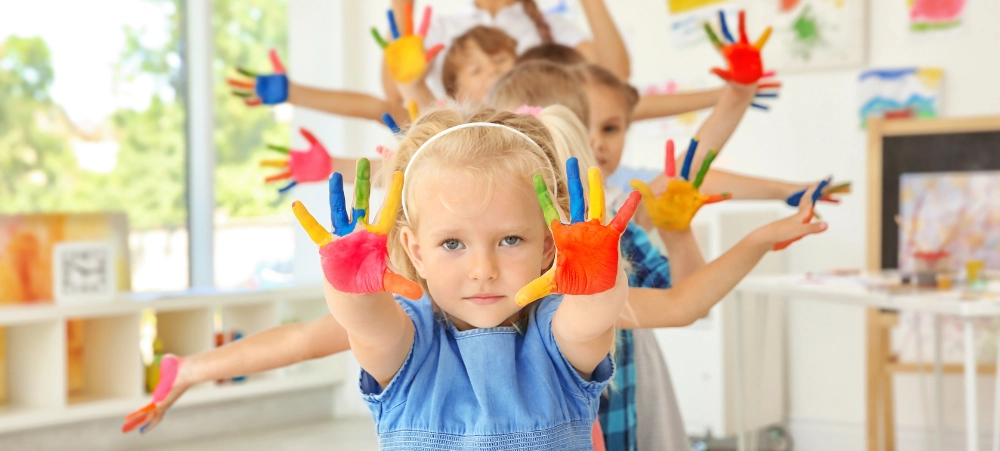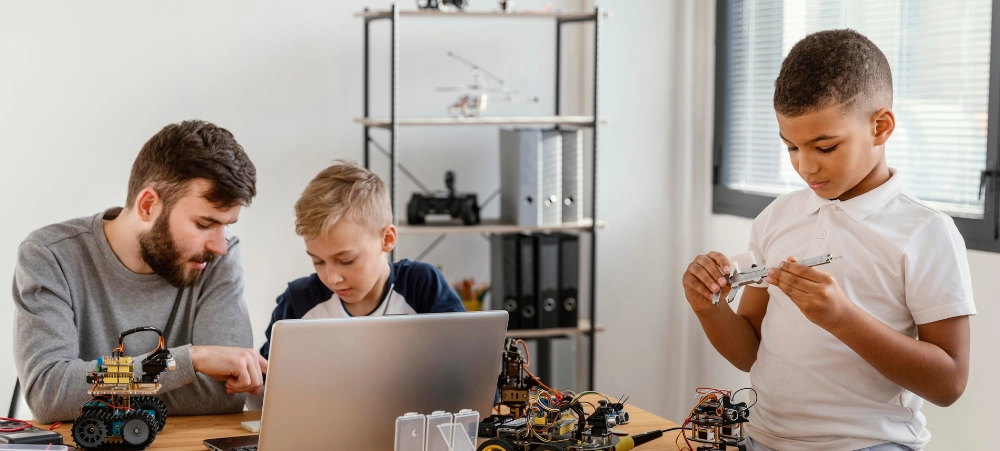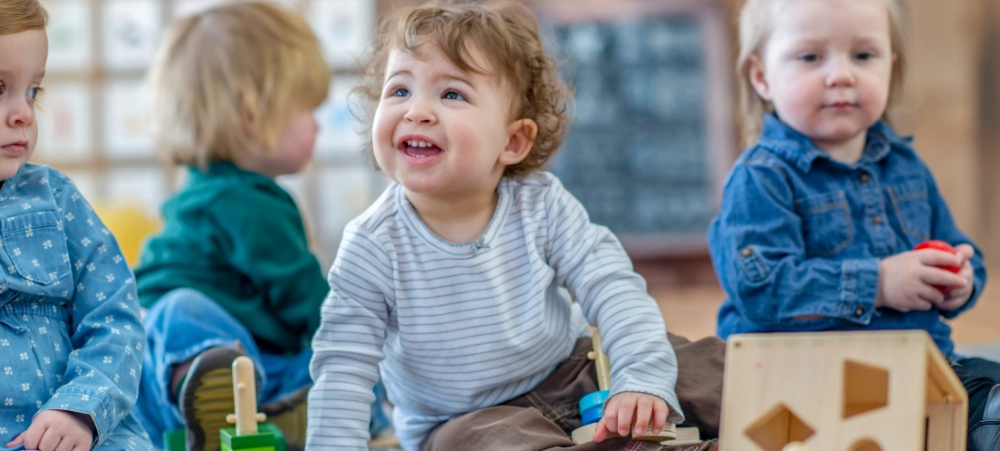
Bela Bill: What it means for parents and how Impaq stays unshaken by the shift
The Basic Education Laws Amendment (BELA) Bill stays a hot topic for South African parents. But more so for those who homeschool their children. With its recent progress through Parliament, parents are asking: What does this mean for homeschooling? How will it affect my child’s education? Impaq stands firm in guiding parents and learners through this evolving landscape. So, let’s dive into what you need to know and how we’re staying ahead of the shift. Home education is here to stay Homeschooling is still a legal and valid alternative to traditional schooling. Despite concerns, the BELA Bill does not change this right. However, it does reinforce a few registration requirements for homeschooled learners. Parents of learners in Grades 1 to 9 must now register their children with their Provincial Department of Education. Although this rule has existed for years, the government now strongly emphasises it. While this may seem like an extra step, registration ensures: Curriculum and assessments: what stays the same? The biggest concern about the BELA Bill is the department’s oversight of home education curriculums. This regulation is not new. South Africa’s national curriculum (CAPS) has always provided a clear learning framework for schools and parents. Parents still have the freedom to structure their child’s education if their curriculum aligns with CAPs. Impaq ensures that all learning materials and assessments exceed these benchmarks, giving parents peace of mind. The BELA Bill also confirms that FET learners (Grades 10–12) must register with a credible assessment body to earn their National Senior Certificate (NSC). Impaq learners are registered with SACAI, a Umalusi-accredited body. This ensures their qualifications stay credible, both nationally and internationally. The role of tutors and support systems The BELA Bill also clarifies the role of tutors. While tutors stay an important support system for homeschooling families, they cannot function as independent schools. They must not present themselves as institutions or independently issue report cards. Impaq ensures tutors work with parents. The goal is to ease learning rather than replace the home-educating parent. The Optimi Learning Portal (OLP) stays the digital platform that helps parents in many ways. It allows parents to keep the learning journey structured and compliant by allowing them to: How Impaq stays unshaken While the BELA Bill introduces procedural changes, Impaq has been running within these guidelines for years. Our structured homeschooling approach ensures that learners: We empower parents and learners by removing obstacles rather than creating them. That’s why we continue to streamline the registration process, provide clear guidance, and ensure our resources meet all legal and quality assurance requirements. What should parents do now? If you are currently homeschooling—or considering it—here’s how you can stay ahead: The future of home education Change can be unsettling, but home education stays a thriving and credible choice with the right information and support. Impaq is still committed to walking this journey with parents, ensuring that learners receive a high-quality education that is recognized and respected. The BELA Bill is not the end of homeschooling—it’s another chapter in its evolution. With Impaq by your side, you can confidently move forward, knowing your child’s education is in good hands.



































